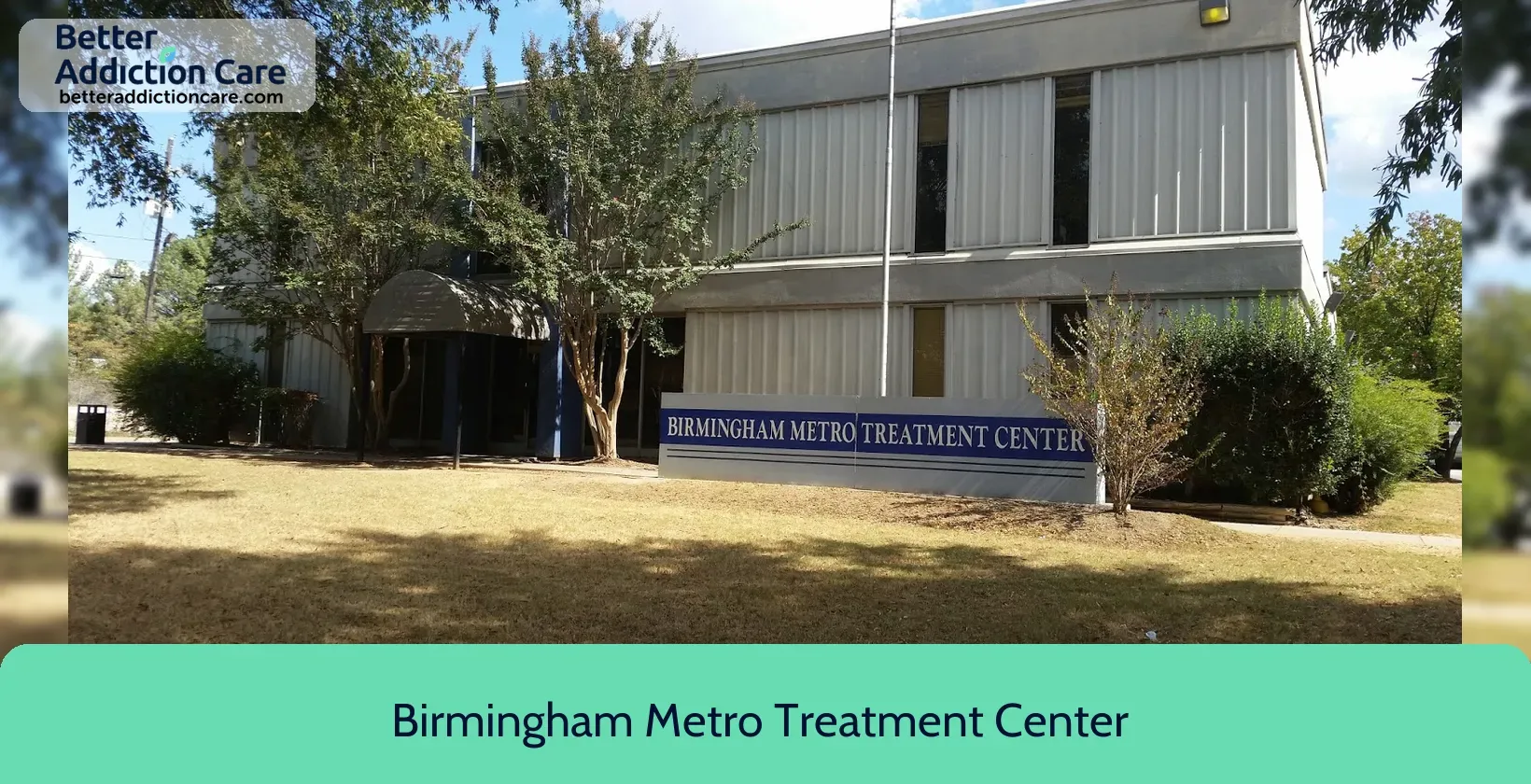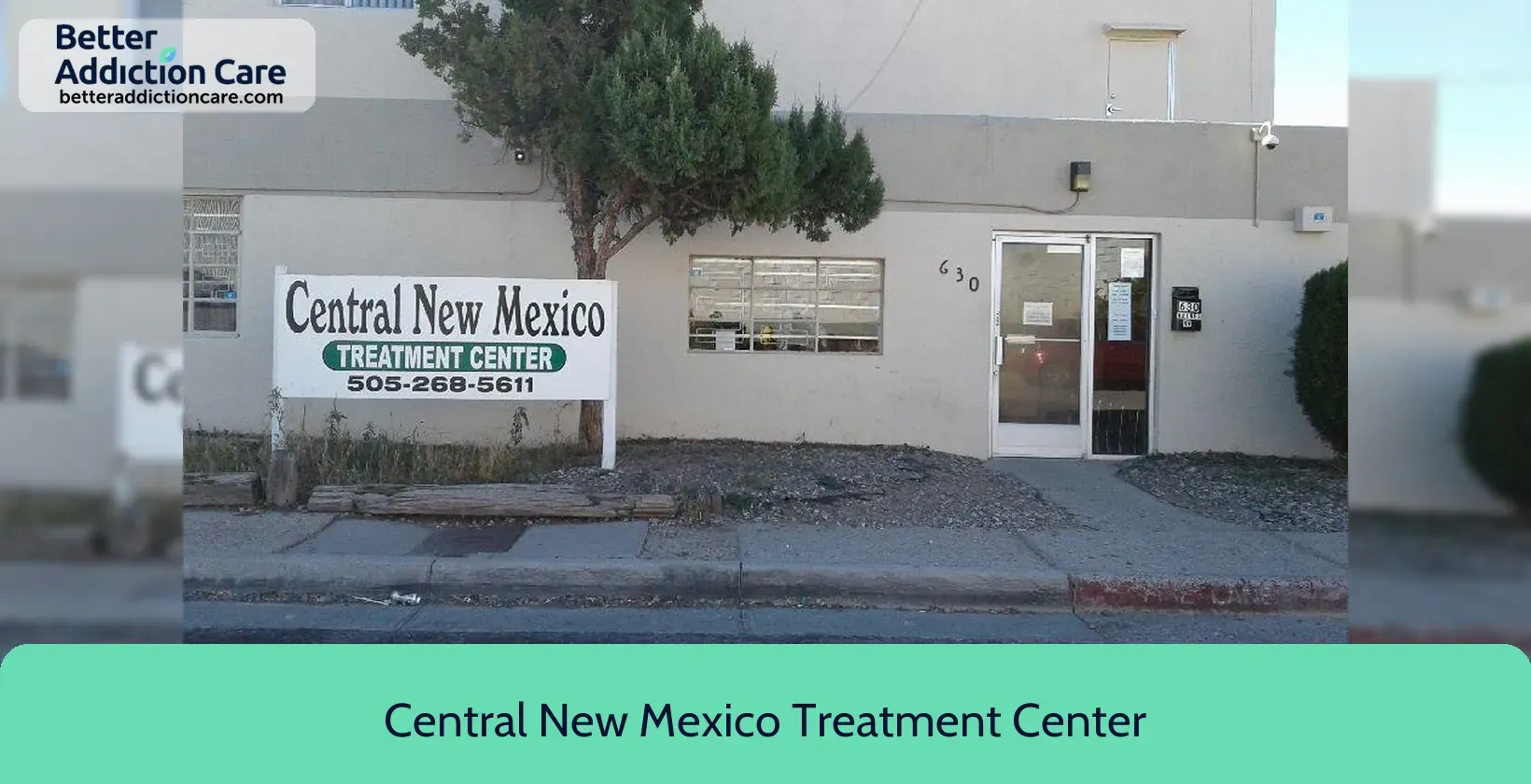Birmingham Metro Treatment Center - New Season
Overview
Birmingham Metro Treatment Center - New Season is an accredited substance abuse treatment center that provides outpatient treatment for men and women from 18+ years of age. As part of their special programs, Birmingham Metro Treatment Center - New Season treats pregnant/postpartum women and clients with hiv or aids. To help patients achieve sobriety, Birmingham Metro Treatment Center - New Season provides intake assessments. Afterward, patients receive telemedicine/telehealth therapy, substance use disorder counseling, and group counseling during treatment. Birmingham Metro Treatment Center - New Season is located in Birmingham, Alabama, providing treatment for people in Jefferson County, accepting cash or self-payment, medicaid, and medicare.
Birmingham Metro Treatment Center - New Season at a Glance
Payment Options
- Cash or self-payment
- Medicaid
- Medicare
- Federal, or any government funding for substance use treatment programs
- Daily
Assessments
- Comprehensive substance use assessment
- Outreach to persons in the community
- Screening for substance use
- Complete medical history/physical exam
Age Groups
- Young adults
- Adults
Ancillary Services
- Case management service
- Mental health services
- Social skills development
- Transportation assistance
- Opioid use disorder clients only
Highlights About Birmingham Metro Treatment Center - New Season
7.14/10
With an overall rating of 7.14/10, this facility has following balanced range of services. Alcohol Rehabilitation: 8.00/10, Drug Rehab and Detox: 6.92/10, Insurance and Payments: 6.67/10, Treatment Options: 6.97/10.-
Alcohol Rehabilitation 8.00
-
Treatment Options 6.97
-
Drug Rehab and Detox 6.92
-
Insurance and Payments 6.67
Accreditations
State mental health department:
State mental health department accreditation refers to the process of evaluating and certifying the quality and standards of a state's mental health department, ensuring that it provides high-quality services and meets specific criteria for mental health care. The accreditation process is performed by a third-party organization and helps to improve the overall care and treatment of individuals with mental health conditions.
SAMHSA certification for opioid treatment program (OTP):
Accreditation by the Substance Abuse and Mental Health Services Administration (SAMHSA) for Opioid Treatment Programs (OTPs) signifies that a program has met strict standards for providing high-quality care to individuals with opioid use disorders. It assures patients, families, and communities that the OTP follows evidence-based practices, employs qualified staff and maintains a safe and effective treatment environment. This accreditation reflects the program's commitment to addressing the opioid epidemic and promoting recovery.
Commission on Accreditation of Rehabilitation Facilities (CARF):

CARF accreditation is a globally recognized certification for rehabilitation and human service organizations. It signifies that an organization meets high-quality standards and is committed to providing top-level care. Achieving CARF accreditation involves a rigorous evaluation process, including on-site surveys. This accreditation enhances an organization's reputation, instills trust in clients and funders, and encourages ongoing excellence in the field.
Treatment At Birmingham Metro Treatment Center - New Season
Treatment Conditions
- Alcoholism
- Substance use treatment
Care Levels
- Outpatient
- Outpatient methadone/buprenorphine or naltrexone treatment
- Regular outpatient treatment
- Aftercare
Treatment Modalities
- Telemedicine/telehealth therapy
- Substance use disorder counseling
- Group counseling
- Family counseling
- Intervention Services
Ancillary Services
Additional Services
- Pharmacotherapies administered during treatment
- Mentoring/peer support
- Breathalyzer or blood alcohol testing
Special Programs
- Pregnant/postpartum women
- Clients with HIV or AIDS

Additional Locations
Get Help Now
Common Questions About Birmingham Metro Treatment Center - New Season
Contact Information
Other Facilities in Birmingham

7.67

6.65

7.40
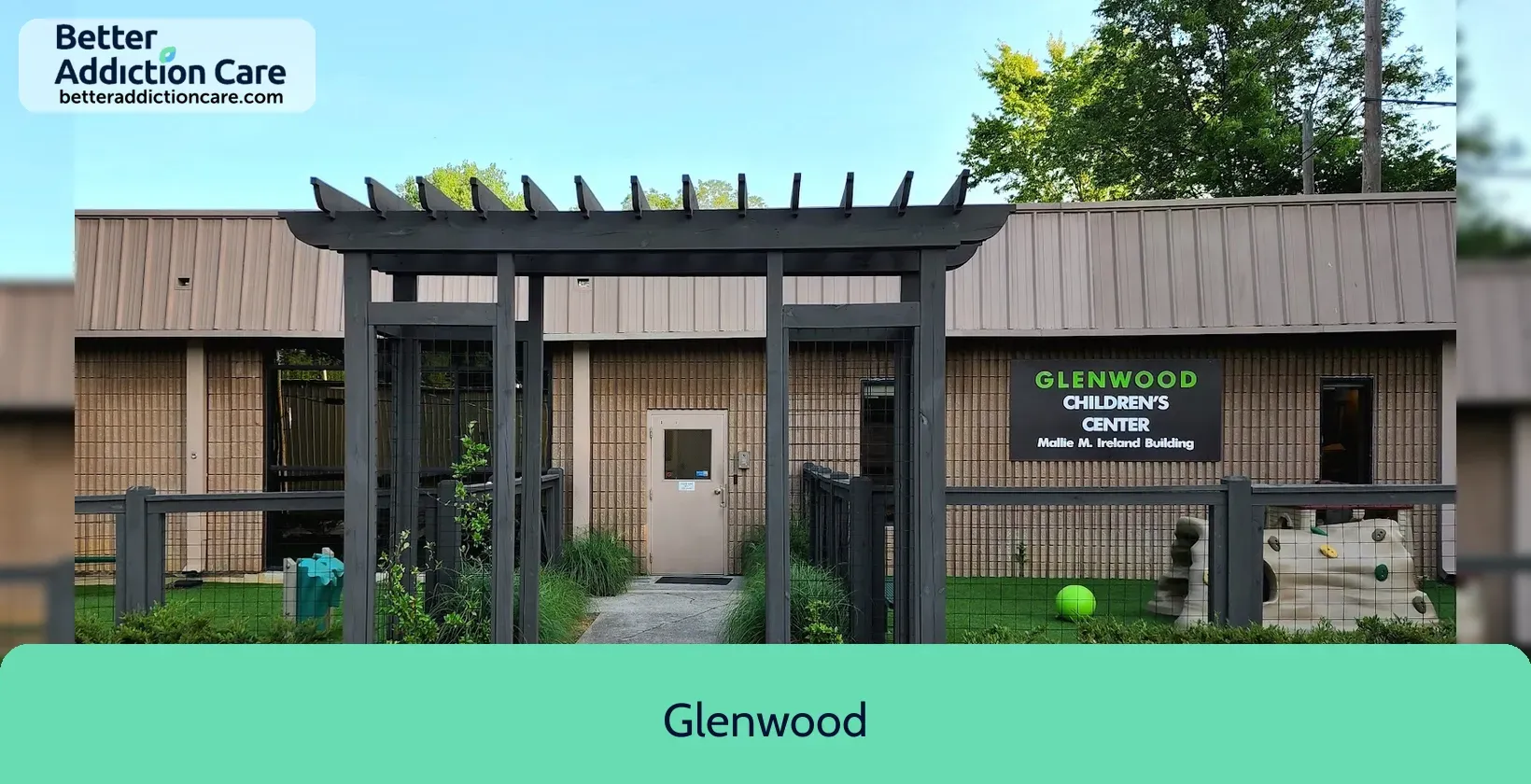
6.65
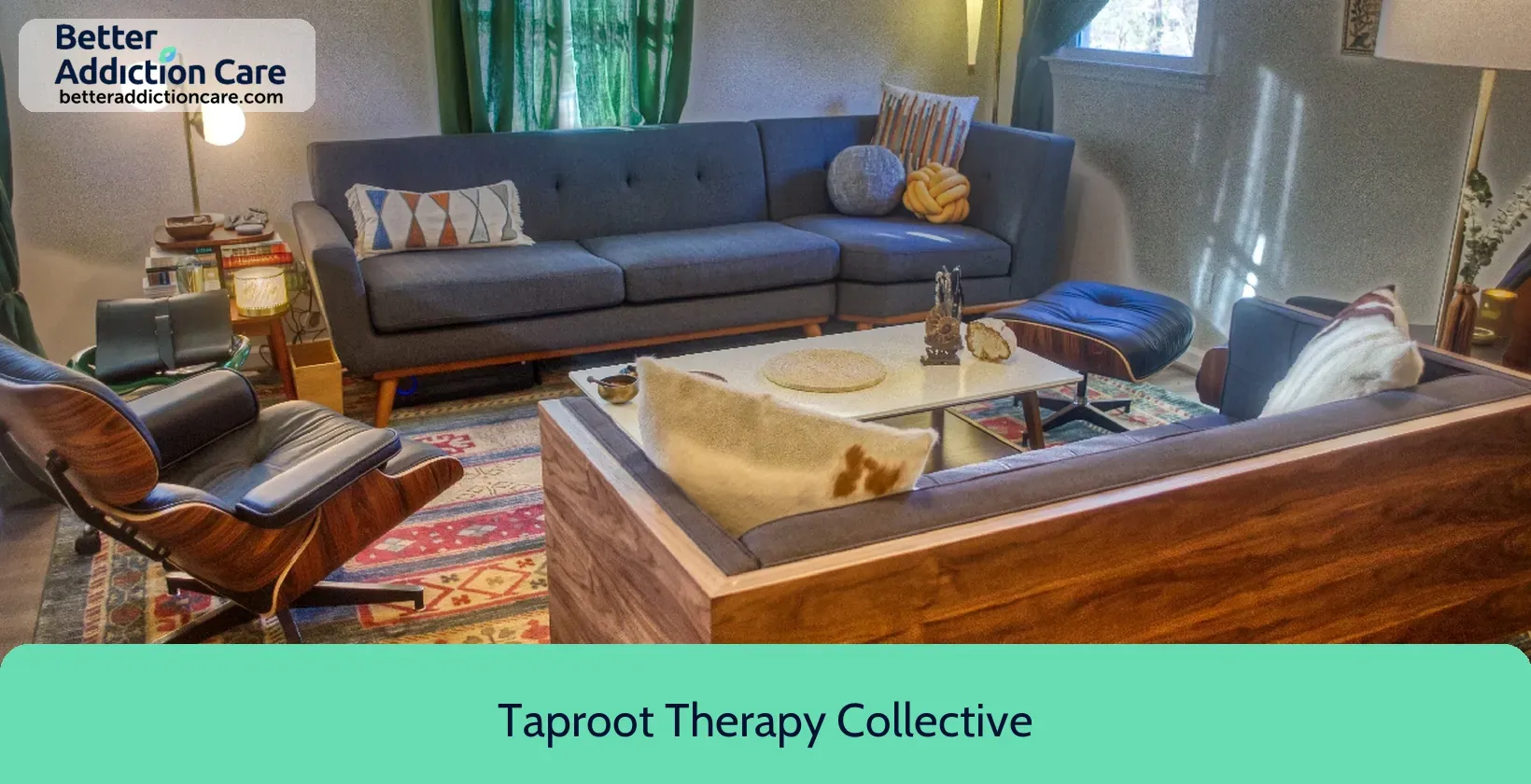
6.71
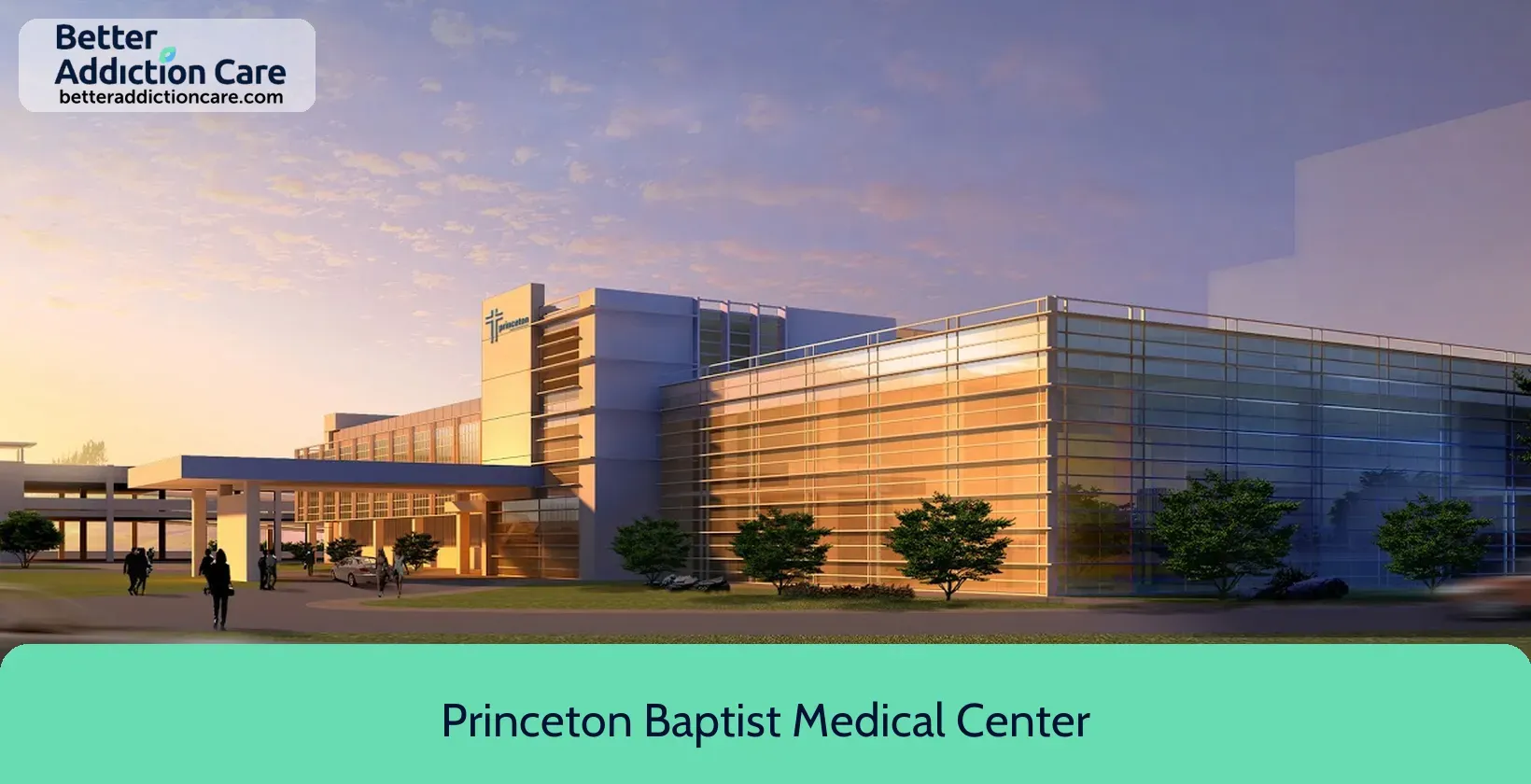
6.62
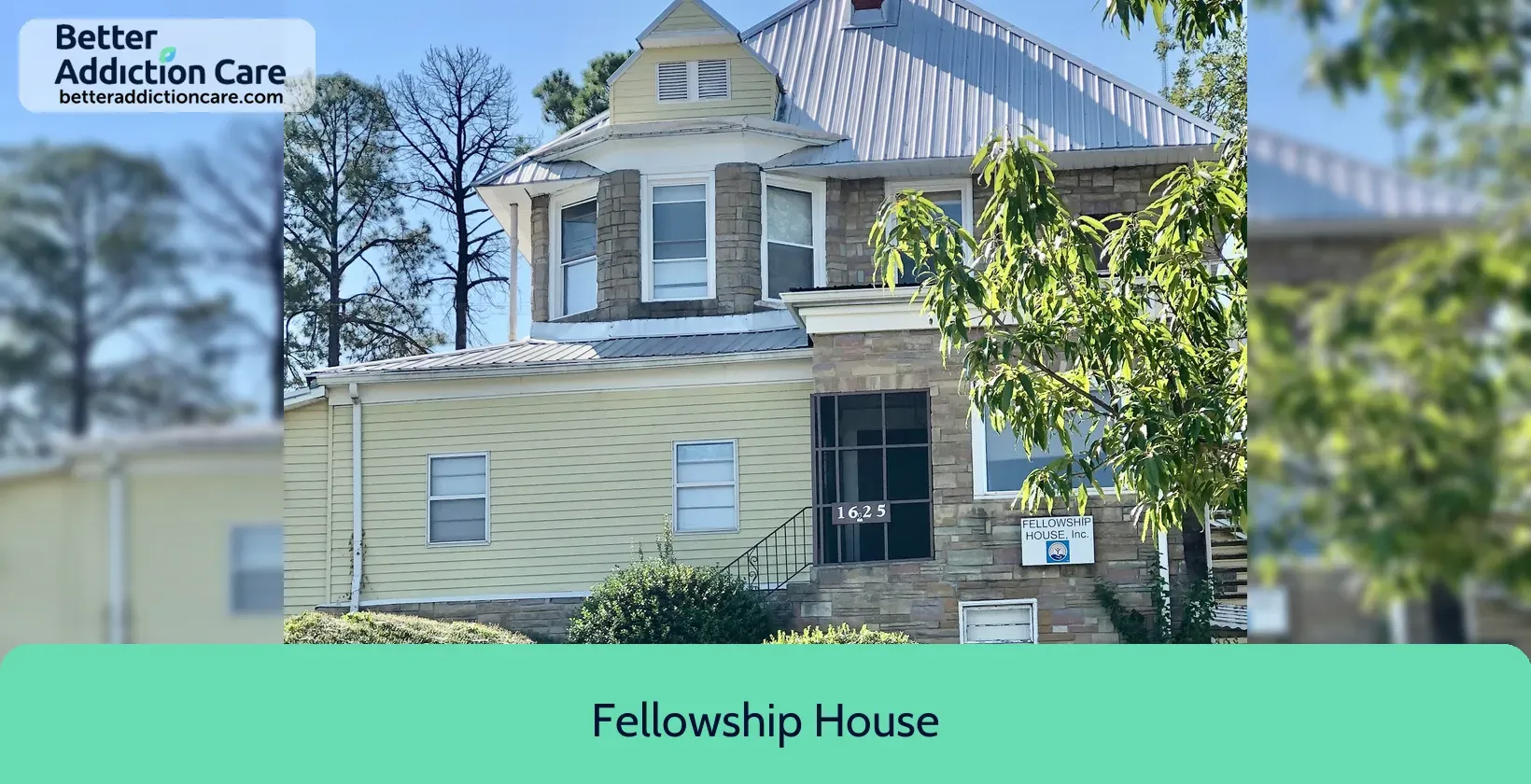
7.31
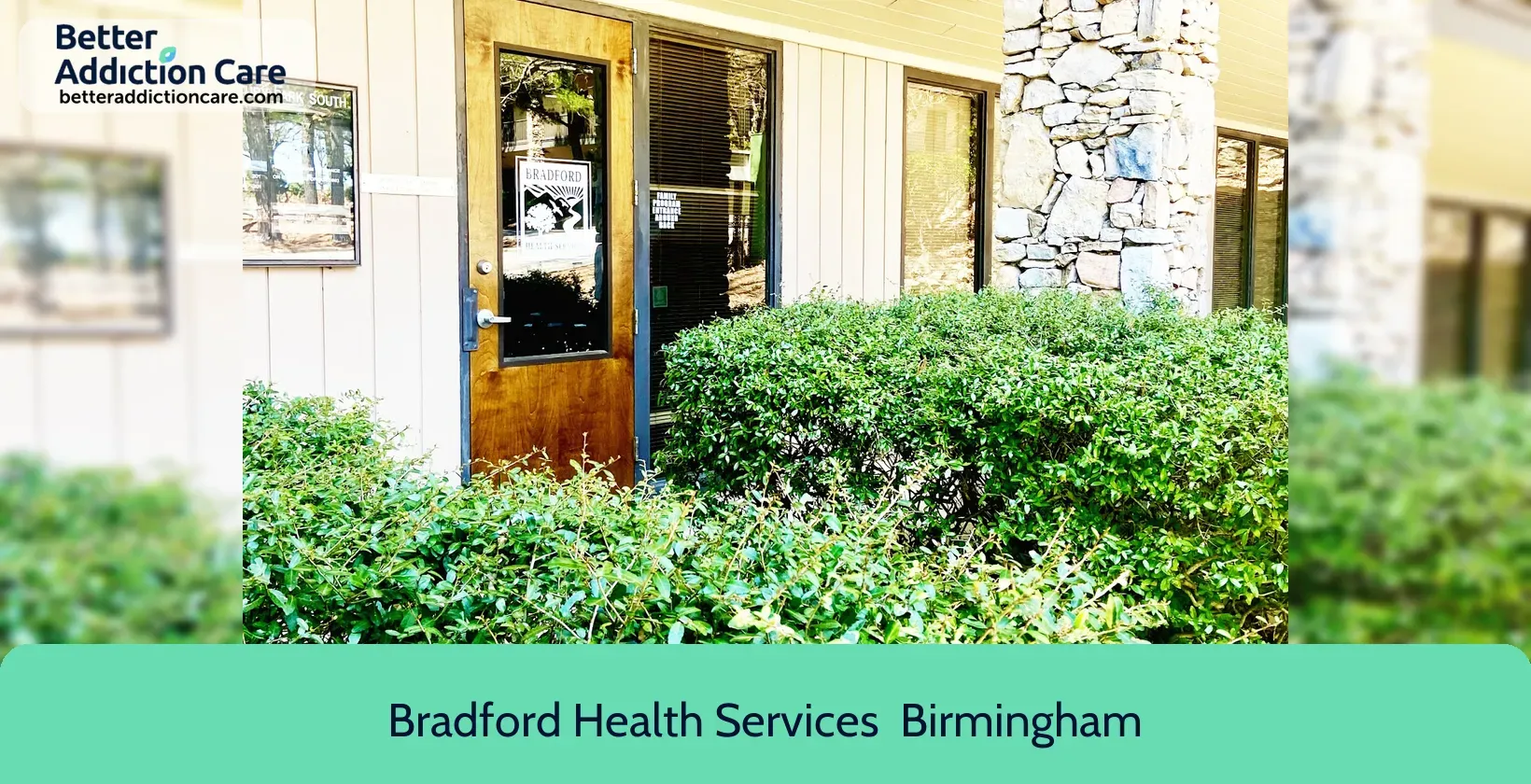
7.48
Browse rehab centers near Birmingham and in other cities across Alabama
DISCLAIMER: The facility name, logo and brand are the property and registered trademarks of Bradford Health Services - Birmingham Regional Office - Jefferson, and are being used for identification and informational purposes only. Use of these names, logos and brands shall not imply endorsement. BetterAddictionCare.com is not affiliated with or sponsored by Bradford Health Services - Birmingham Regional Office - Jefferson.
